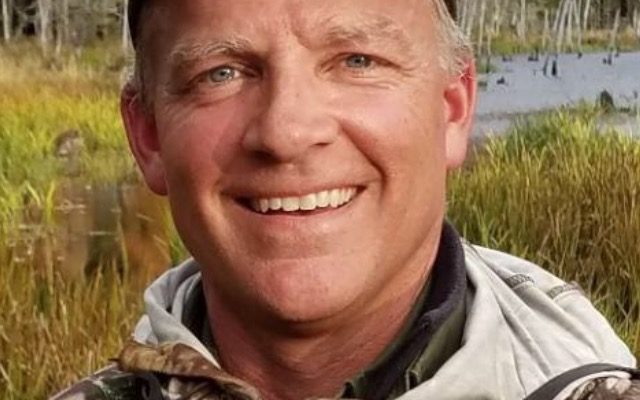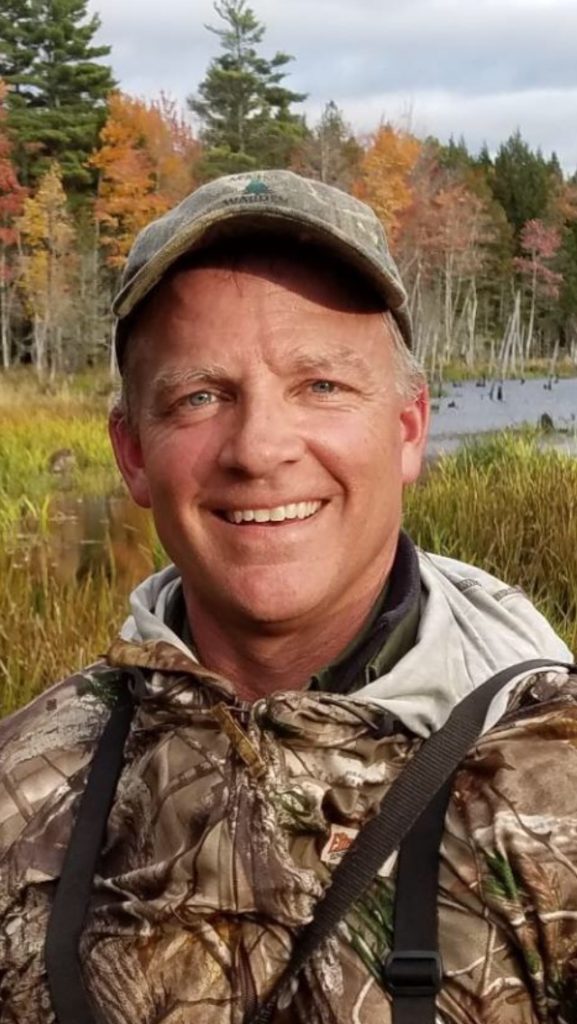
If you get lost in the Maine woods, you can count on game wardens coming to the rescue
By Jim Fahey
The Maine Warden Service, by law, is responsible for conducting search and rescue for all persons lost, missing or stranded in the fields and forests and upon the inland waters of the state. This ensures that everyone, including visitors to our state, non-hunters, children and the elderly, to name a few, benefits from its search-and-rescue resources and assets.
Increasingly, it seems there are more searches for people other than the traditional license-buying hunters and anglers. Perhaps this is because of the availability and affordability of cellphones, hand-held radios and GPS units.

Outdoors people are generally equipped and prepared for navigating around the woods and getting back out safely. On the other hand, toddlers, older folks suffering from dementia or Alzheimer’s disease and people caught unprepared sometimes find themselves lost and in need of assistance.
I assisted in searching for scores of people during my game warden career.
One of the first search-and-rescue operations I participated in was unusual.
The warden service received a report that a Seven Islands Land Co. contractor failed to return from a harvest site near Weeks Brook in Township 11 Range 8 in western Aroostook County. The man had gone into the woods in the morning to lay out flagging for a timber harvest. He should have been back by lunch, but at the end of the day his uneaten lunch was still in the truck and he was nowhere to be found.
It was in the summer and the weather was unusually hot and humid. It seemed unlikely that he would be lost, because he was using flagging tape to mark the boundaries of the harvest. The main concern was for his physical well-being. He was a heavyset man, and it was believed he may have suffered a medical emergency.
Game wardens responded that evening along with Seven Islands foresters. The company men were always a tremendous asset on a search, particularly on company ground. They had a vast knowledge of the landscape and possessed all the right skill sets for search-and-rescue work.
I always respected them and their management. They would assist on searches for lost hunters, often on company time. It was a priority to get people out of Maine’s North Woods safely.
We conducted a hasty search, which included signaling and quick checks for the obvious. Signaling can be problematic for a lost person who wasn’t hunting because they seldom have the means to signal back, other than by yelling.
The area proposed to be harvested was searched and the flagged line didn’t yield any clues. We searched through the night. I was paired up with Seven Islands forester Al Murphy. It was the first, but not the last, search we would work on together.
Al and I were on our way to check a camp on the extreme far side of the search area when we were called back for a search briefing. It was a couple hours before daylight by this time, and the search-and-rescue planners wanted everyone briefed and ready to hit the woods at first light.
It wasn’t long after sunrise when a Maine Forest Service helicopter flew over the same camp that Al and I had been headed to earlier. It hovered and suddenly a man emerged from the camp. The lost man was found. A truck was sent around to pick him up.
He relayed his story. He had set out the previous morning to flag the cut line as far as Weeks Brook. He actually crossed Weeks Brook, not realizing it because the water was so low. He thought it was just an intermittent brook.
At some point, he stopped flagging and went looking for the brook. He became fatigued and when he hit the road and found the camp, he decided he better stay put.
He let himself in and ate canned fruit cocktail that he found in a spring behind the camp. He then went to bed early, spending a comfortable night in a camp bunk while the searchers went without sleep looking for him.
That’s the way it goes sometimes. When it was over, we were all happy he was located safe and sound. I learned later that it motivated him to lose weight. He was successful in that effort and continued to work in the Maine woods. All’s well that ends well.